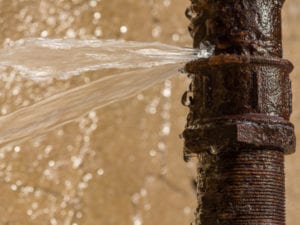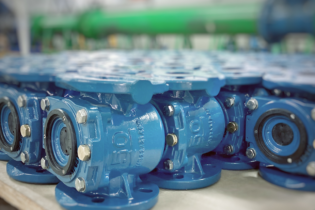There has been widespread acts of vandalism to water and sanitation infrastructure in the Western Cape. The recent discturbing incident was the attack of City of Cape Town water officers which left one in hospital.
Added to this are continued incidents of officials who manage the operations and maintenance of water and sanitation infrastructure being robbed. Sputnik Ratau, spokesperson for the National Department of Water and Sanitation (DWS) says vandalism takes a number of forms including the theft of taps, steel pipes, and equipment at water facilities. “This behaviour is very frequent in and around the City of Cape Town urban area” says Ratau. DWS strongly condemns the acts of vandalism of water and sanitation infrastructure in the strongest possible terms. Such conduct has implications on service delivery, compliance of municipalities and water wastage which cannot be afforded in the midst of unreliable rainfall.Vandalism of infrastructure also means that those who never had water cannot be served because of repetition. This further means that municipalities cannot replace old infrastructure due to it being vandalized.
This also hinders progress in exploring alternate water sources to withstand future droughts. There are little things that can be done to reverse the scourge of vandalism of water and sanitation infrastructure as outlined below:- The Chamber of Business can lend a helping hand by encouraging industries (scrapyards in the main) to refrain from buying stolen infrastructure.
- Communities are urged to report incidents of vandalism to the local authorities or use DWS’ hotline 0800 200 200 for the same purpose
- Awareness and education remain a key intervention to curb vandalism and theft of infrastructure.
- Report the matter to your local municipal offices and police








